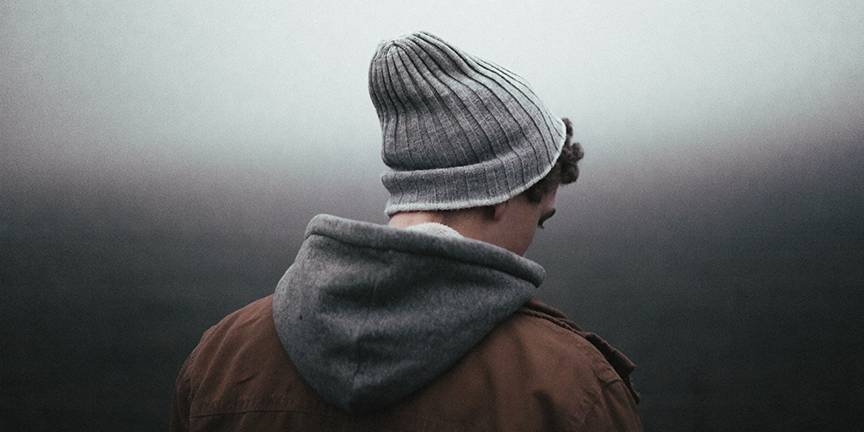Many children, and especially adolescents, experience mood swings as a normal part of growing up, but when these feelings persist and interfere with a child’s ability to function in daily life, bipolar disorder could be the cause. Bipolar disorder, also known as manic-depression, is a mood disorder marked by extreme changes in mood, energy levels and behavior.
Symptoms can begin in early childhood but usually emerge in adolescence or adulthood. Until recently, young people were rarely diagnosed with this disorder. Yet up to one-third of the 3.4 million children and teens with depression in the United States may actually be experiencing the early onset of bipolar disorder, according to the American Academy of Child and Adolescent Psychiatry. Doctors now recognize and treat the disorder in young people, but it is still an under-recognized illness.
Children with bipolar disorder usually alternate rapidly between extremely high moods (mania) and low moods (depression). These mood shifts can produce irritability with periods of wellness between episodes, or the young person may feel both extremes at the same time. Parents who have children with the disorder often describe them as unpredictable, alternating between aggressive or silly and withdrawn. Children with bipolar disorder are at a greater risk for anxiety disorders and attention-deficit hyperactivity disorder. These "co-occurring" disorders complicate diagnosis of bipolar disorder and contribute to the lack of recognition of the illness in children.
What Are the Signs and Symptoms?
Bipolar disorder begins with either manic or depressive symptoms. Not all children with bipolar disorder have all symptoms. Children with bipolar disorder are likely to have a family history of the illness. If a child you know is struggling with any combination of the symptoms listed below for more than two weeks, talk with a doctor or mental health professional.
Manic Symptoms
- Severe changes in mood—from unusually happy or silly to irritable, angry or aggressive.
- Unrealistic highs in self-esteem. May feel indestructible.
- Great increase in energy level. Sleeps little without being tired.
- Excessive involvement in multiple projects and activities. May move from one thing to the next and become easily distracted.
- Increase in talking. Talks too much, too fast, changes topics too quickly, and cannot be interrupted. This may be accompanied by racing thoughts or feeling pressure to keep talking.
- Risk-taking behavior such as abusing drugs and alcohol, attempting daredevil stunts, or being sexually active or having unprotected sex.
Depressive Symptoms
- Frequent sadness or crying
- Withdrawal from friends and activities
- Decreased energy level, lack of enthusiasm or motivation
- Feelings of worthlessness or excessive guilt
- Extreme sensitivity to rejection or failure
- Major changes in habits such as over-sleeping or over-eating
- Frequent physical complaints such as headaches and stomachaches
- Recurring thoughts of death, suicide, or self-destructive behavior
Many teens with bipolar disorder abuse alcohol and drugs as a way to escape, and should be evaluated for a mental health disorder. If an addiction develops, it is essential to treat both the mental health disorder and the substance abuse problem at the same time.
What Should Parents and Caregivers Do?
Bipolar disorder is treatable. Early identification, diagnosis, and treatment will help children reach their full potential. Children who exhibit signs of bipolar disorder should be evaluated by a mental health professional who specializes in treating children. The evaluation may include consultation with a child psychiatrist, psychological testing, and medical tests to rule out an underlying physical condition that might explain the child’s symptoms. A comprehensive treatment plan should include psychotherapy and, in most cases, medication. This plan should be developed with the family, and, whenever possible, the child.
